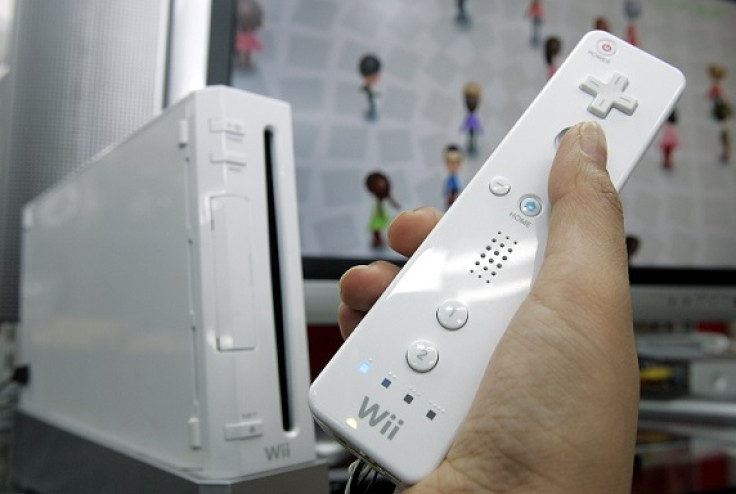Nintendo ordered to pay £7.7 million after losing Wii controller patent lawsuit
Kyoto gaming giant is planning to appeal the verdict.

Nintendo has been ordered to stump up £7.7m ($10m) after a US court found that its Nintendo Wii console infringed on patents held by Texan company iLife. The lawsuit, heard in a Dallas court, centered on the motion sensing technology in the console's Wii Remote controllers as well as other selected Nintendo products.
In the suit, iLife alleged that the waggle-control 'Wiimotes' infringed on patents for technology it created to detect if an elderly person had suffered a fall and also prevent sudden infant death syndrome. iLife claimed that the extent of its motion-sensing technology reached beyond these purposes and was infringed upon by the Japanese gaming giant.
Nintendo tried to counter the lawsuit by arguing the patent was invalid in the first place as it was improperly written, while maintaining that it had not infringed on the patent with its mega-hit console released in 2006.
The verdict fell in favour of the plaintiff however, with Nintendo ordered to pay £7.7m to iLife - although this represents a small fraction of the £111m ($144) the company had originally sought in damages, or £3 for each of the 36 million Wii consoles sold prior to the lawsuit's filing date in 2013.
iLife also filed infringement lawsuits related to the same patents against Fitbit and Under Armour, however both cases were settled out of court or dismissed entirely.
In a statement provided to Rolling Stone's gaming site Glixel, Nintendo confirmed that it is already planning to appeal the verdict.
"The jury awarded iLife $10 million in damages," read the statement. "Nintendo disagrees with the decision, as Nintendo does not infringe iLife's patent and the patent is invalid. Nintendo looks forward to raising those issues with the district court and with the court of appeals."
The news comes shortly after Nintendo became the subject of a similar lawsuit brought by mobile accessory maker Gamevice, which alleged that the Nintendo Switch's modular Joy-Cons infringe on patents it holds for an Android-powered gaming tablet and the company's gamepads for Apple and Samsung devices.
© Copyright IBTimes 2024. All rights reserved.






